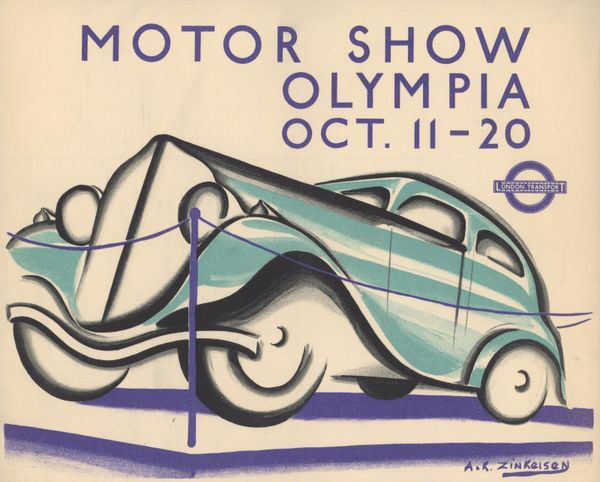African Entertainers
- Editor OGN Daily
- Sep 27, 2020
- 3 min read
Never before have so many burst into the global mainstream at the same time.

Boosted by Black Panther, a superhero smash-hit set in a fictional African kingdom, African film and television are also drawing a broader audience. Nollywood, as Nigeria’s film industry is known, is increasingly renowned for the quality of its output as much as its quantity. Netflix recently bought the rights to Nigeria’s two highest-grossing films, The Wedding Party and its sequel, as well as the much-praised Lionheart. This year it released its first original African-made show, Queen Sono, a spy drama set mostly in Johannesburg, created by Kagiso Lediga, a South African writer-director. Next came Blood & Water, set in Cape Town, which became one of Netflix’s ten most popular shows in over 50 countries.
But never before have so many African artists burst into the global mainstream together. The momentum extends to literature: this week Tsitsi Dangarembga, a Zimbabwean writer, and Maaza Mengiste, who was born in Ethiopia, were shortlisted for the Booker prize for fiction.
Increasingly there are posters of African pop stars on the walls of American, British or French teenagers’ bedrooms, too. African countries are exporting more of their cultural output. As Davido says of Afrobeats, “It’s our new oil.”
"I swear to make sure you never forget about me,” sings Burna Boy on the opening track of Twice as Tall, which was released last month. These days there is little chance of that. The Nigerian musician’s fifth album, an evocative blend of contemporary sounds, score-settling and social commentary, topped the streaming charts in dozens of countries. It was streamed 5 million times in the hour after it came out.
The momentum extends to literature: last week Tsitsi Dangarembga, a Zimbabwean writer, and Maaza Mengiste, who was born in Ethiopia, were shortlisted for the Booker prize for fiction.
The moment has been a long time coming. In the 1980s and 1990s it was harder for African artists to win attention. Making music, films and TV was expensive; at home, widespread piracy made it difficult to earn money. Abroad, African music was often relegated to catch-all “world music” shelves in record shops, next to Peruvian pan pipes. The only references to the continent on mainstream Western radio shows may have been Africa by Toto, a weird if catchy song, or the members of Band Aid bellowing inaccurately about its lack of snow in “Do They Know It’s Christmas?”
From the 2000s changes in technology began to level the global playing field. Cheap kit let Afrobeats producers make high-quality recordings; software meant sounds could be more easily mashed together. Blogs such as notjustok.com helped broadcast music and generate followings. The market for song excerpts as ring tones provided a new source of income. For their part, film-makers benefited from fans uploading segments to YouTube. Then came streaming services such as Spotify and Apple Music, as well as Netflix and irokotv, which hosts Nollywood films.
Two other powerful trends have encouraged the spread of African pop culture: demography and diasporas. The median age on the continent is under 20. Like the post-war baby-boomers, such a large cohort of young people may have been bound to sway global tastes. Meanwhile first- and second-generation African populations in the West have sharply expanded.
The number of immigrants from sub-Saharan Africa in America shot from 265,000 in 1990 to 2m in 2018 (375,000 are Nigerians, the largest single group). Between 2001 and 2011 the African-born population of England and Wales rose from 800,000 to 1.3m (the Nigerian contingent more than doubled). “Once you blow in Nigeria you almost automatically blow in London,” says Joey Akan, founder of Afrobeats Intelligence, a newsletter.
Source: Economist



